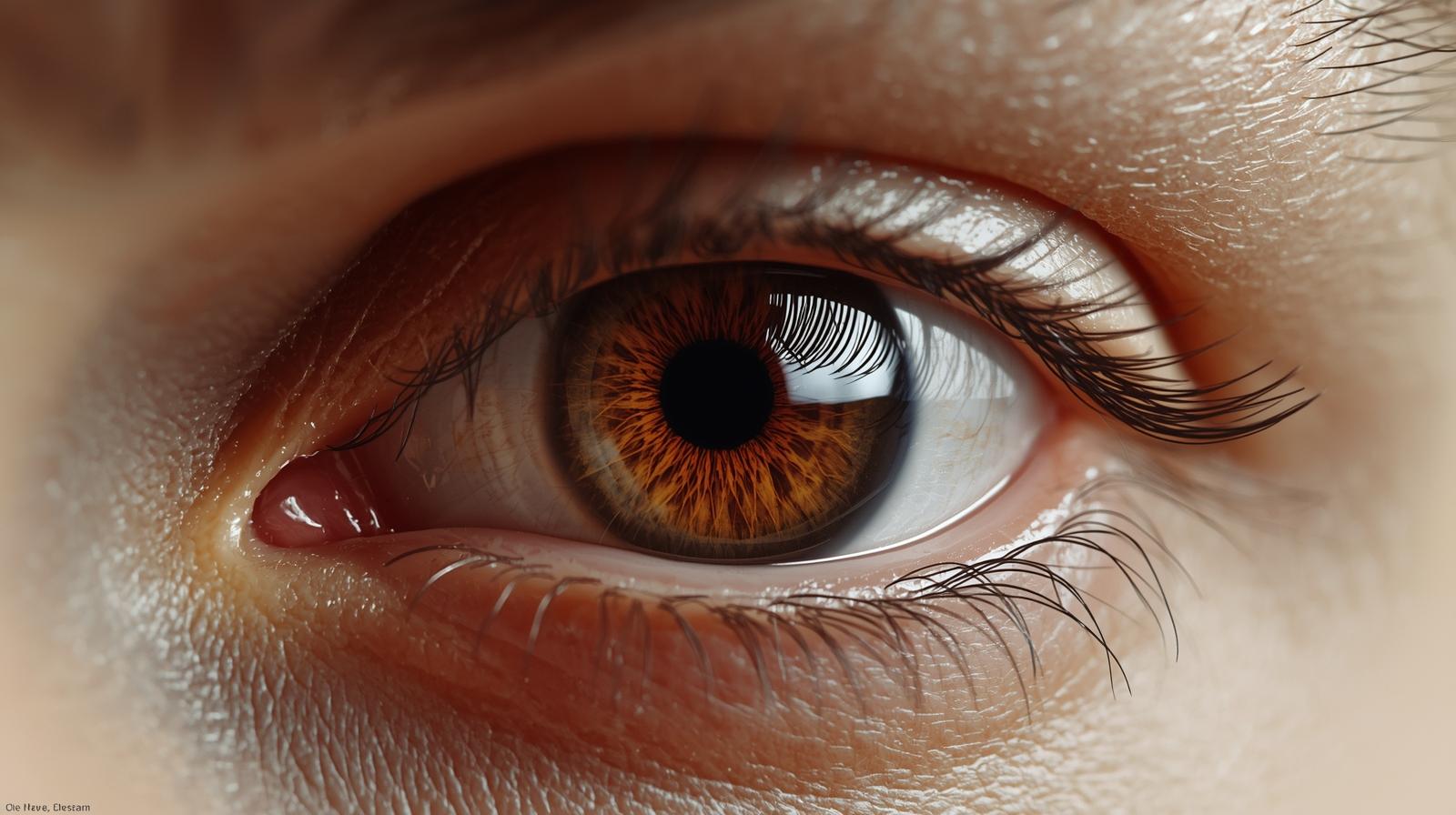Discover if you qualify for LASIK surgery. Learn about age requirements, prescription limits, corneal thickness, and other factors that determine LASIK candidacy.
Am I a Good LASIK Candidate?
Not everyone is suitable for LASIK surgery. Dr. Ahmed Sherif at Dar El Oyoun Hospital evaluates multiple factors to determine candidacy.
Ideal LASIK Candidate Criteria
Age Requirements
Minimum Age: 18 years old
Eyes must be fully developed
Vision prescription must be stable
Optimal Age: 25-40 years
Most stable prescriptions
Best healing response
Lowest risk of age-related changes
Over 40: Still possible but considerations include:
Presbyopia (reading vision decline)
May still need reading glasses
Monovision or blended vision options available
Prescription Requirements
#### Myopia (Nearsightedness)
Treatable range: up to -10.00 diopters
Best results: -1.00 to -6.00 diopters
Higher prescriptions may require more corneal tissue removal
#### Hyperopia (Farsightedness)
Treatable range: up to +6.00 diopters
Best results: +1.00 to +3.00 diopters
#### Astigmatism
Treatable range: up to 6.00 diopters
Can be corrected alone or with myopia/hyperopia
Prescription Stability
No significant change (>0.50 diopters) for minimum 1 year
Preferably 2 years of stability
Demonstrates fully developed eyes
Corneal Health Requirements
Adequate Corneal Thickness
Minimum 480-500 microns typically required
Average cornea: 540-550 microns
Must retain enough tissue post-surgery for structural integrity
Why It Matters:
LASIK removes corneal tissue
Too thin = increased risk of ectasia (bulging)
Alternative procedures (PRK, ICL) may be better
Healthy Corneal Shape
Regular, smooth curvature
No keratoconus (cone-shaped cornea)
No significant irregularities
Assessed via corneal topography at Dar El Oyoun
General Eye Health
Healthy Eyes Required
✓ No active eye infections or inflammation
✓ No significant dry eye syndrome
✓ No cataracts or glaucoma
✓ No retinal problems
✓ No corneal scarring or dystrophies
Manageable Conditions
Some conditions can be treated before LASIK:
Mild dry eye (treated with drops, plugs)
Minor conjunctivitis (treated first)
Controlled ocular allergies
Medical Health Factors
Systemic Conditions
Disqualifying Conditions:
Uncontrolled diabetes
Autoimmune diseases (lupus, rheumatoid arthritis, Sjögren's)
Immunodeficiency disorders
Active connective tissue disorders
Manageable Conditions:
Well-controlled diabetes
Controlled hypertension
Stable thyroid conditions
Medications
Potentially Problematic:
Isotretinoin (Accutane) - must be off 6+ months
Amiodarone (heart medication)
High-dose corticosteroids
Immunosuppressants
Discuss all medications with Dr. Sherif during consultation.
Lifestyle Factors
Pregnancy and Nursing
LASIK not recommended during pregnancy
Not recommended while breastfeeding
Hormones affect vision prescription
Wait 3+ months after cessation of nursing
Occupation and Activities
Ideal Candidates:
Desire for spectacle-free lifestyle
Active lifestyle, sports participation
Occupations incompatible with glasses/contacts (pilots, military)
Poor Candidates:
Those in occupations with high eye injury risk without proper protection
Unrealistic expectations about outcomes
Psychological Readiness
Realistic Expectations
Understand that LASIK:
Aims for 20/20 or better (98% success at Dar El Oyoun)
May not achieve perfect vision in all cases
May require reading glasses after 40
Small enhancement rate (3-5%)
Motivation
Good reasons for LASIK:
✓ Lifestyle improvement
✓ Career requirements
✓ Sports and activities
✓ Contact lens intolerance
Poor reasons:
✗ Pressure from others
✗ Unrealistic beauty standards
✗ Expecting perfection
✗ Impulsive decision
Special Circumstances
Previous Eye Surgery
Prior LASIK: Enhancement may be possible
Cataract surgery: Timing and lens type matter
RK (Radial Keratotomy): May affect candidacy
Dr. Sherif assesses on case-by-case basis
Large Pupils
Measured in dim lighting
Pupils >6-7mm may have increased night vision symptoms
Wavefront-guided LASIK helps minimize issues
The Dar El Oyoun Evaluation Process
Dr. Ahmed Sherif conducts a comprehensive pre-operative assessment:
1. Medical History Review
2. Visual Acuity Testing
3. Refraction Assessment
4. Corneal Topography
5. Pachymetry (Thickness Measurement)
6. Pupil Size Evaluation
7. Dry Eye Assessment
8. Dilated Eye Exam
9. Wavefront Analysis
Alternative Options
If not a LASIK candidate, Dr. Sherif may recommend:
PRK: For thin corneas
ICL (Implantable Contact Lens): For high prescriptions
SMILE: Newer, less invasive procedure
Glasses/Contacts: If surgery not appropriate
Take the Next Step
The only way to know for certain if you're a LASIK candidate is a comprehensive evaluation.
Schedule your consultation at Dar El Oyoun:
Sheikh Zayed: +20 2 37963013
Dokki: +20 2 33382136
WhatsApp: +201066479644
Dr. Ahmed Sherif's 20+ years of experience ensures accurate candidacy assessment and optimal treatment recommendations.
Ready for the Next Step?
Book your consultation with Dr. Ahmed Sherif at Dar El Oyoun Hospital


